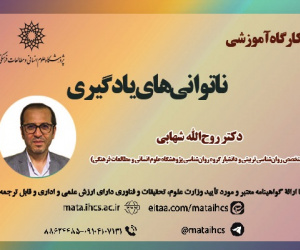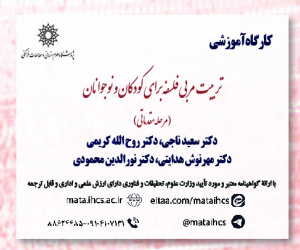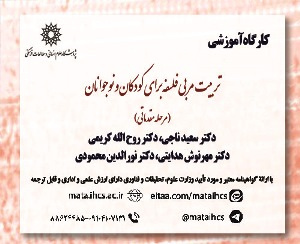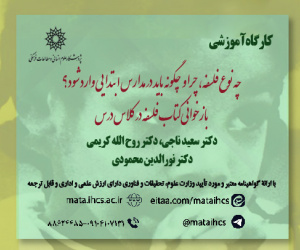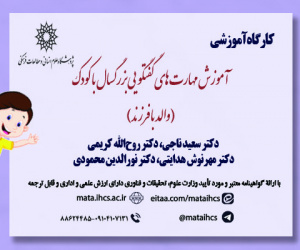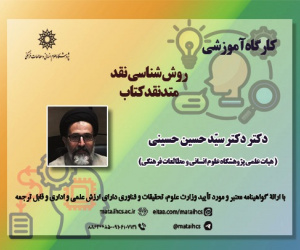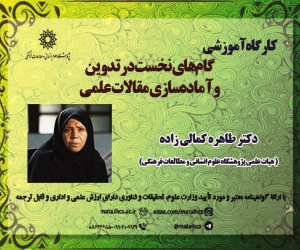بررسی ماهیت و احکام نجات غیر(جهت حفظ حق حیات در حقوق بشر)
آرشیو
چکیده
زمینه و هدف: تعهد به نجات به غیر، از مهم ترین راه های حفظ حیات بشر است. قرآن کریم، در آیات متعددی از جمله آیات 82 سوره بقره و 57 آل عمران، انسان ها را به انجام عمل نیکو دعوت نموده است و بدون شک یکی از اعمال نیکو نجات جان انسانی به هنگام مخاطرات است.مواد و روش ها: این پژوهش از نوع نظری و روش آن صورت توصیفی-تحلیلی می باشد و روش جمع آوری اطلاعات کتاب خانه ای است و با مراجعه به اسناد، کتب و مقالات صورت گرفته است.یافته ها: در فقه و حقوق احکام و ضمانت اجراهایی مطرح شده و سعی شده است تا میزان تکلیف و دامنه این تعهد در روابط میان نجات گر و قربانی مشخص شود.ملاحظات اخلاقی: در تمام مراحل نگارش پژوهش حاضر، ضمن رعایت اصالت متون، صداقت و امانت داری رعایت شده است.نتیجه : اولاً، از بعد حقوقی، ماهیت رابطه بین نجات گر و قربانی دارای جنبه های متعدّد قراردادی و قهری است که هر یک احکام جداگانه ای را در برمی گیرد. ثانیاَ، اگرچه در فقه، اشاره صریحی به احکام تعهد به نجات غیر نشده؛ ولی با وحدت ملاک از اطعام مضطر می توان علاوه بر حکم تکلیفی، حکم وضعی آن را جستجو کرد؛ ثالثاَ، عنایت به وجه تفاوت در ماهیت و احکام تعهد نجات به غیر، دامنه تعهد می تواند تعهد به وسیله و یا نتیجه باشد؛ رابعاَ، عدم انجام تعهد به نجات غیر دارای ضمانت های قراردادی، قهری و کیفری است.Philosophical Schools of International and Islamic Law
Background and Aim: Commitment to saving others is one of the most important ways to preserve human life. The Holy Quran, in numerous verses, including verses 82 of Surah Al-Baqarah and 57 of Al-Imran, has called upon humans to do good deeds, and undoubtedly, one of the good deeds is saving a human life in times of danger.Materials and Methods: This research is of theoretical type and the research method is descriptive-analytical and the method of data collection is library and has been done by referring to documents, books and articles.Findings: In jurisprudence and law, certain rulings and guarantees of execution have been proposed, and attempts have been made to determine the extent of the obligation and scope of this obligation in the relationship between the rescuer and the victim.Ethical Considerations: In order to organize this research, while observing the authenticity of the texts, honesty and fidelity have been observed.Conclusion: First, from a legal perspective, the nature of the relationship between the rescuer and the victim has multiple contractual and compulsory aspects, each of which includes separate rulings. Second, although there is no explicit reference in jurisprudence to the rulings of the obligation to save another; however, with the unity of the criterion of feeding the needy, it is possible to search for its situational ruling in addition to the obligatory ruling; Third, considering the difference in the nature and rulings of the obligation to save another, the scope of the obligation can be an obligation by means or a consequence; Fourth, failure to fulfill the obligation to save another has contractual, compulsory and criminal guarantees.
